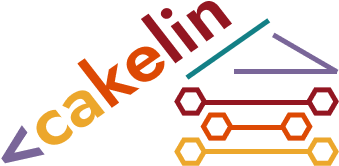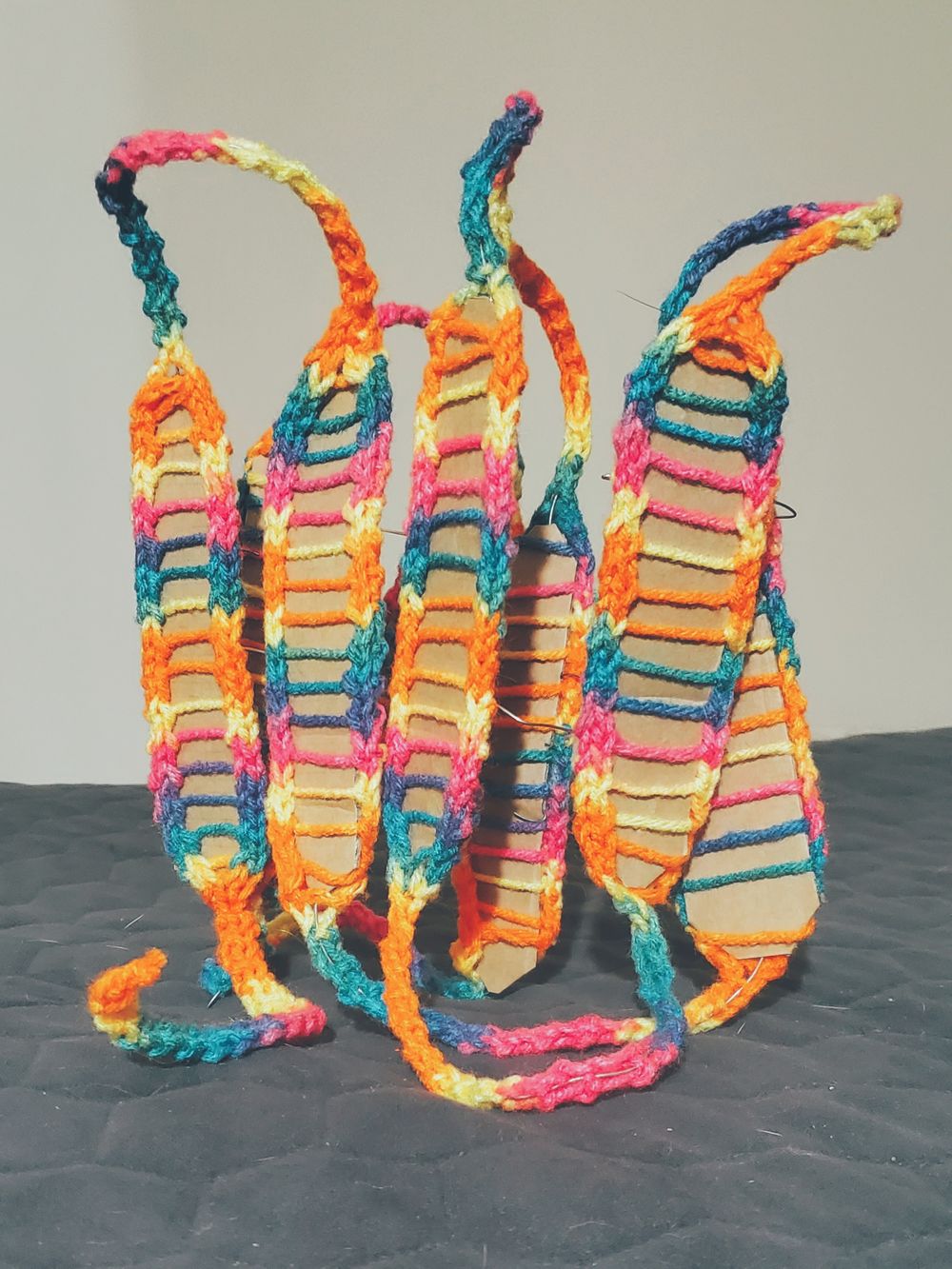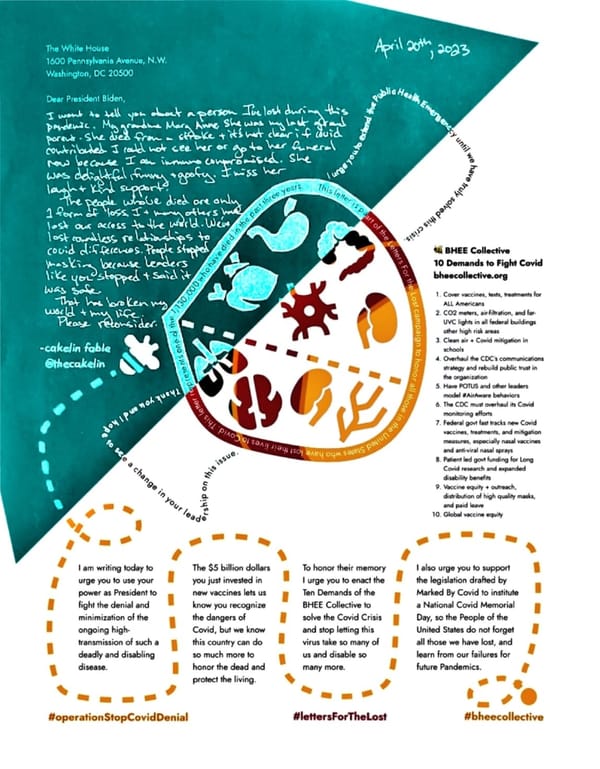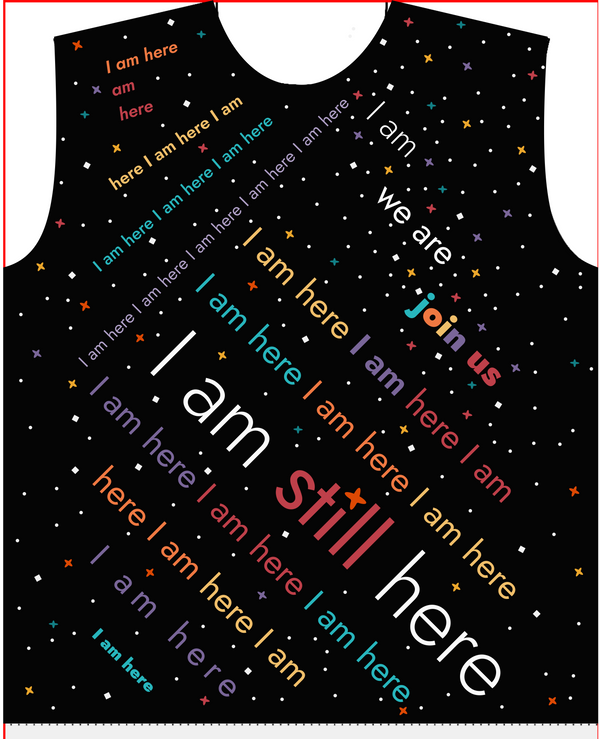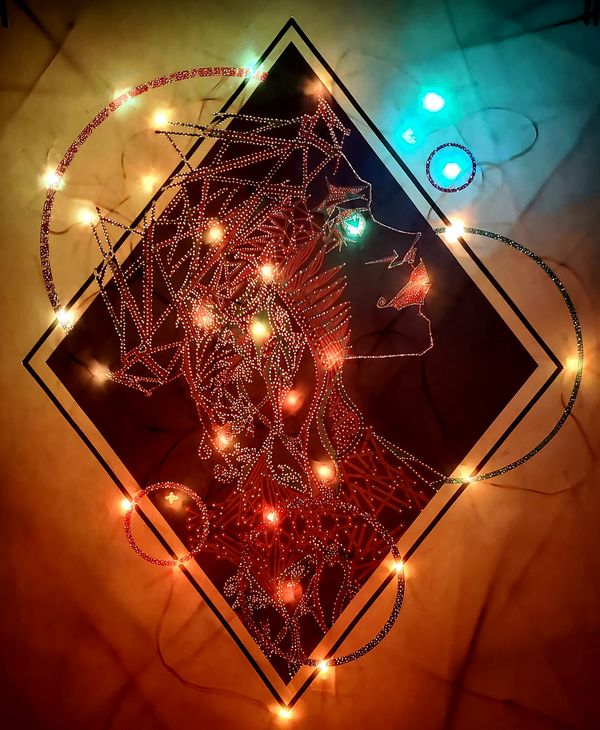In defense of boycott fatigue
I'm a non-consumer, I buy as little as possible other than food. I get things free from the curb, thrift, upcycle, repair. I don't do substances, I don't go anywhere, I rarely get delivery or fast food, I don't travel. Being covid cautious and immunocompromised fuels my non-consumption.
That should tell you everything you need to know about why covid denial has been pushed, propagated, and propagandized.
I'm not a puritan about this, I'm committed to moderation. I'm doing what I can to live my values. I understand the limitations of individual change and that any amount of harm reduction to others and our planet is worth it. Our individual and collective behavior are not separate or at odds. I'm not waiting for corporations or other people to change and I am practicing influencing both.
Still the progress I've made makes it tempting to think that I'm better than other people. You can't simply commit to wearing a mask? We were already doing it for years. You can't just stop drinking or smoking? You can't boycott Starbucks and McDonalds? I do all of this and more, so why can't you? The questions usually end before I ask myself why I can give up all these acts of harm but not superiority itself.
At least not yet, since outcomes are not static.
I'm sure some people aren't making the effort to try. They will continue their Western high consumption lifestyle, continue spreading infectious disease too. They aren't unique in that, we all have some kind of harm we are doing that we are completely unaware of or in denial about. Or unable to change. We often don't or can't stop or slow down enough to know which category we are even in.
I'm not familiar with this term "boycott fatigue" so maybe I could do more research before speaking on it. But I have actual fatigue so forgive me for just riffing on what the term seems to imply.
Are these not people who are trying to boycott and struggling with it? They have a good intention and are unable to meet it with their actions. Or it is causing them some distress to make this change?
Under capitalism, we are conditioned to struggle with boycotting. We are conditioned to seek convenience and comfort. We are also conditioned to judge and shame others when they fall short. And we are conditioned to delight in the shaming of others, when it doesn't apply to us and then we can feel superior to others and their concepts.
My intention in writing this isn't to add more to this cycle. When I first saw the videos decrying "boycott fatigue", I agreed with them. Then I got a reminder about kindness and something shifted in me and I saw it differently. I want to put that shift into words, to the best of my abilities.
These conditioned parts and roles that we often fall into with each other also exist inside of us. The parts of us that are weak and the parts of us that shame our own weakness. The gap between who we are and who we want to be. The gap between our actions and intentions. When that gap is a gulf, a giant chasm we can't leap across, it seems pointless to even try. And some people are stuck in that apathy and possibly learned helplessness. I have certainly been to and will continue to visit Apathy Town. I'm just committed not to invite others on that trip or to live there. I trust my spiritual, creative, and connective practices will bring me back.
You could argue that apathy is a privilege based on identity and that might be accurate in some ways. Maybe it's the Apathy Alps. Maybe I can't see much of it, because I am white. But I don't think this is most of apathy for me. My apathy seems to spring from disconnection, a separateness that I am not entirely in control of. And while privilege can cause separateness or maybe be enabled by it, there is something about that explanation that falls short just like our thoughts, beliefs, and actions often do. Separateness is also caused by oppression and is intrinsic to hierarchy itself.
I have spent years as a technologist, scientist, and struggling human being researching behavioral change. It is not easy to change your built in habits and it is especially not easy to change when everything in your environment is creating friction against it.
We are a trickle trying to separate itself from the river and the riverbed.
Any amount of water that moves differently changes the river. How many people can commit to a 100% boycott? What about a 90% or even 50%? What if a slip up wasn't an excuse to give up? Moderation is a gentle invitation to a broader movement, one that builds and grows with and between us.
I don't think I would be a 100% sober if I hadn't spent years paying attention to my alcohol use and experimenting with ways to reduce it. Moderation and mindfulness is a powerful pairing.
I'm looking for ways to acknowledge the scale of what we are up against without backing down from it. We can back down sometimes and take turns fighting and resting. I'm advocating for balance, to fight binaries and all or nothing thinking. To see cycles and flow instead. To see how another's struggle may seem or be easier than our own, but it is still their struggle. To see how our struggle may seem or be easier than another's, but it is still ours. Maybe that flexibility in perspective could bring our struggles together instead of apart.
The larger the gap and the change between us and another, the more resentment festers on both sides. The people doing less resent or distrust those who are more altruistic*. People doing more are just virtue signaling or self righteous. Maybe sometimes those accusations have some truth and other times it is covering their dissatisfaction with themselves and their own choices.
*I'm going to leave this lack of citation as an opportunity for another, as a tiny little crack in my hyper-responsibility. Because I am usually on the other side of this equation. I'm a simp for my own values and I feel the resentment of doing more. I can see why people would ask "Why should I boycott a 100% if another is only capable or willing to commit at 50%?" There is a deep and old pain at that root. Many of us are asked or pushed or forced to commit past our limits while others coast. We are the leaders of the group project.
If you have more practice in telling yourself no, because of the difficulties you've experienced, this process of thinking "everyone should do what they can" might seem unfair. I speak from experience in many ways, but especially now as a person who is completely shut out of in person society. I am constantly telling myself no in order to survive. That no becomes contagious to every part of me and every decision I make. I must embrace the no without becoming it. I haven't figured that out yet and I'm committed to keep trying. Maybe "Everyone should do what they can" should lead to "I should do what I can" which could lead to "What could I do?".
As one of the few people left carrying most of the burden of the pandemic, the term "masking fatigue" eats at me. I have no choice but to continue and that is intensified by everyone else making the choice to give up. We were all carrying this massive boulder and one day, most people were done. And it is crushing those of us who remained in reality. It's crushing people who left too, they just aren't aware of that yet. They don't see how connected we are, how connected our future and freedom is to each others. Or they do see it and can't or won't act on it.
I am alone.
Sometimes it's excruciating how alone I am and sometimes it's a relief. I think it's fair to say society has abandoned immunocompromised people like me. Most people see our deaths not just as an acceptable loss, but as natural. We are meant to die. People have told me so. That ableism and health supremacy runs extremely deep, most can't even see it. Not even people that I loved who I thought loved me. They loved me to the extent that their reality and lifestyle comforts would allow and no farther.
As much as this might not make sense to others, I hope someday my former friends can forgive me for severing ties. For choosing my own safety over their potential to care for me, to the extent that it was a choice I made. How much was choice and how much was necessity shifts by the day and what form of safety I crave more. The safety of belonging and togetherness or the safety of my.. flesh? I'm not even sure how to frame the difference, our need for connection is as deep as our cells.
All I know is the fracturing of society is mirrored in my insides. Concepts and words become clotting cascades.
Sometimes this fracturing creates a rejecting militancy inside of me, one I may or may not need. A rigid boundary I often run from instead of confronting the choice of whether I could soften in a moment or with a person. Trust feels slippery and evasive in a way it never has before, even as an abuse survivor.
I believe the only way I can hold that doubt and uncertainty and constant change for my own reality and choices is to hold it for others as well. I don't know how much another person is capable of. I don't know what their mind is telling them or the limitations of their body or their unique experience of oppression, even if we share an identity or two. To me this is choosing differentiation over enmeshment and as some of my writing ancestors have kindly and cleverly pointed out, even enmeshment and differentiation are in flow together.
I have tried to leave intentional space as a bit of cognitive dissonance in the writing of this piece. To recognize we can only guess at whether a person is unaware, incapable, or unwilling to change. Sometimes the person whose intentions we are guessing about is ourselves. So I lead with shifting "should"s and "could"s, with "can't"s and "won't"s, with more "and"s than "but"s.
Improv-ing my way out of individualism and rigid thinking.
Isolation and abandonment has taken so much from me but it has also given me something else. Sometimes kindness can only thrive with enough distance. With enough practice of just you and your unloved and abandoned parts. Sometimes you just need a few kind friends, even if you can only be connected online or those friends are only parts inside of you. The memory and influence of my former friends still keeps me company in bittersweet ways. We live on inside each other and sometimes that's enough for me. Sometimes it isn't, as they continue to eat the entire pandemic risk pie and leave me crumbs so little I struggle to welcome any new connections to share those crumbs with.
Figuring out what fulfillment looks like with the hand I've been dealt is currently my own limitation and responsibility not theirs.
I pray for a world where it wouldn't all be on me, one where we would care more and abandon less.
I have my home and Pepper Ann and my sister and my struggles and my practices and my projects. When I let go of my expectations for what my life could have been, I have moments of joy. I usually find meaning in my own collective sacrifices, no matter what others do. And I wish that for you, too.
I hope for peace and ease. For all of us. And so I practice that hope for myself through noticing and gentle change. A practice is just a collection of moments. A practice for one moment is a practice for all moments. A practice for one being is a practice for all beings. I practice for me as I practice for you, no matter what you do.
I actually did look into it after writing this. I couldn't find anyone talking about having "boycott fatigue", just people in opposition to it. A few articles discussing the Bud Light boycott fading. So I feel like this is a planted concept, growing between our roots. I am still posting this in case it is real for anyone and because I still believe in the underlying sentiment expressed: kindness, flexibility, and support will take us farther than rigidity, shame, and judgement. We can take turns at it.
